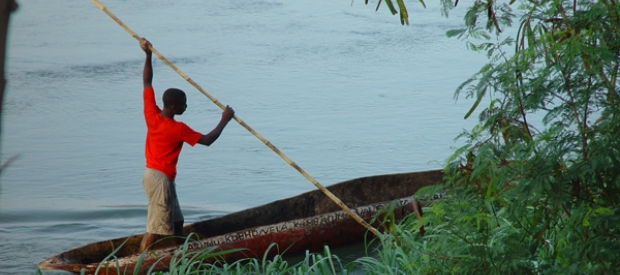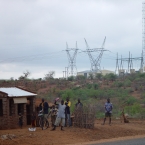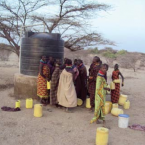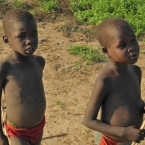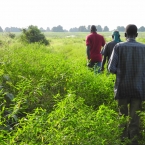Africa
Africa is considered a land of plenty for the large-dam industry – lots of massive rivers and high need for electricity. Hundreds of new large dams are planned for major African rivers. Yet the continent’s existing large dams have done little to reduce the continent's high rates of energy poverty. Africa’s dams have done considerable social, environmental and economic damage, often with complete disregard for the human rights of dam-affected communities, and have left a trail of development-induced poverty in their wake. Sadly, these projects have not led to progress in electrifying the huge proportion of Africans now without electricity.
In addition, climate change is expected to increase extremes of drought and flooding, with the result that Africa’s already highly variable climate and hydrology will be even more difficult to predict, making hydropower even more risky and water resources even more precious. Many African countries are already excessively dependent on hydropower , and are suffering from it with drought-induced blackouts. Despite the failure of large dams to meet Africa's most pressing needs, many more dams are on the drawing boards, including the world's largest – the Grand Inga scheme, proposed for the Congo River.
Across Africa, grassroots activists are showing how dam projects overlook the social, economic and environmental costs of these projects, and pressing for better alternatives. With our partners, International Rivers strives to promote sound energy and water developments based on social justice, equitable sharing of benefits and costs, and environmental sustainability; and river-development planning processes that ensure participation by local communities in decisions that affect their lives. Please explore these pages for more information about the work going to protect Africa's rivers and those who depend upon them.

